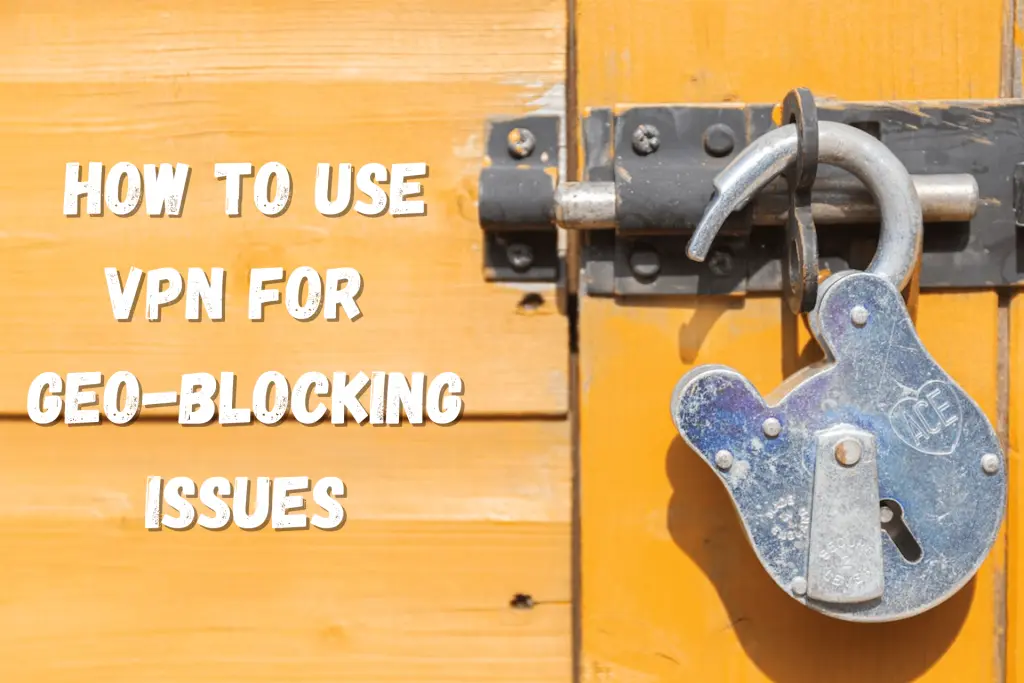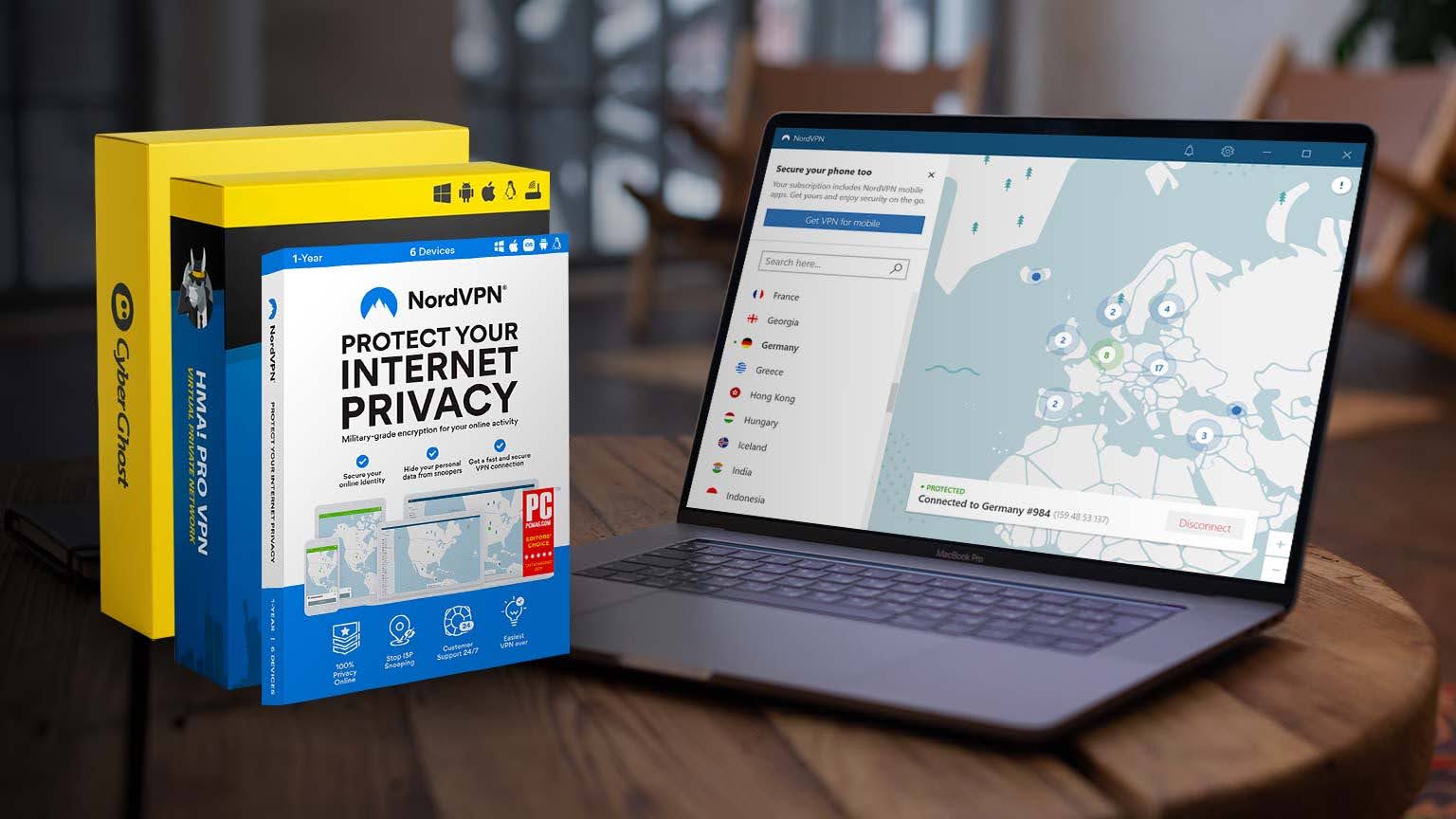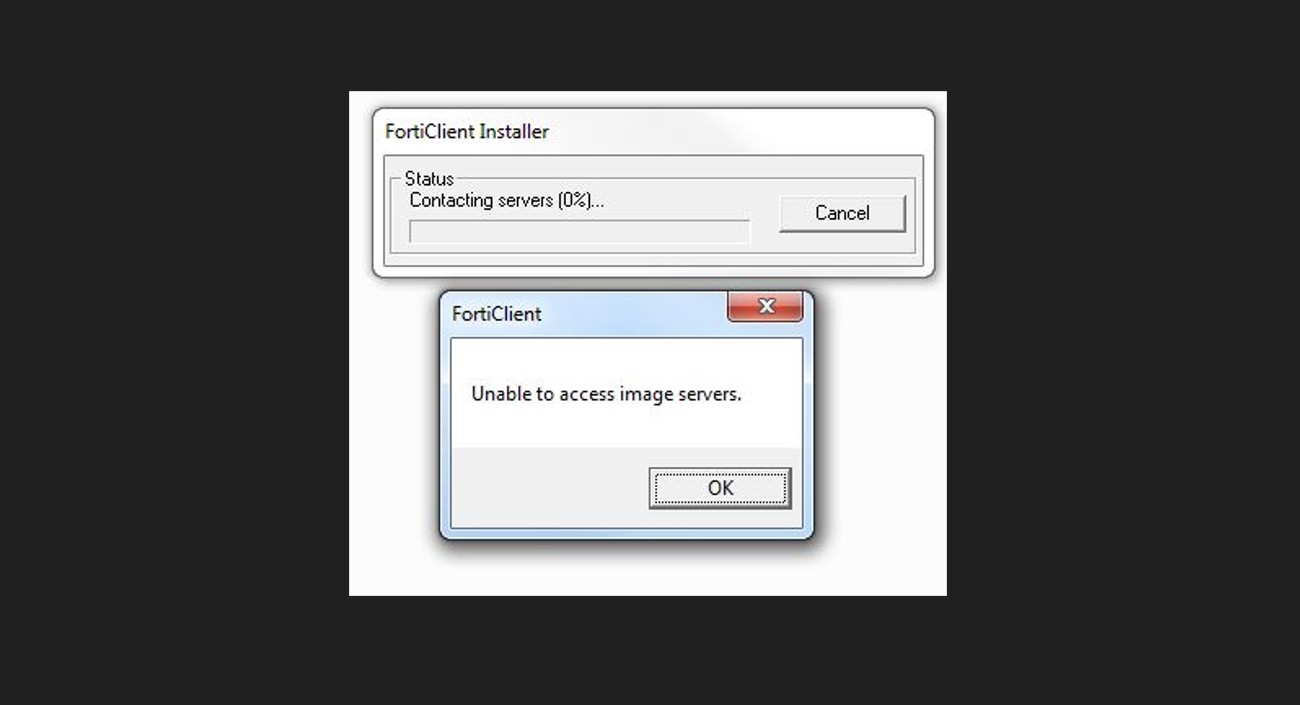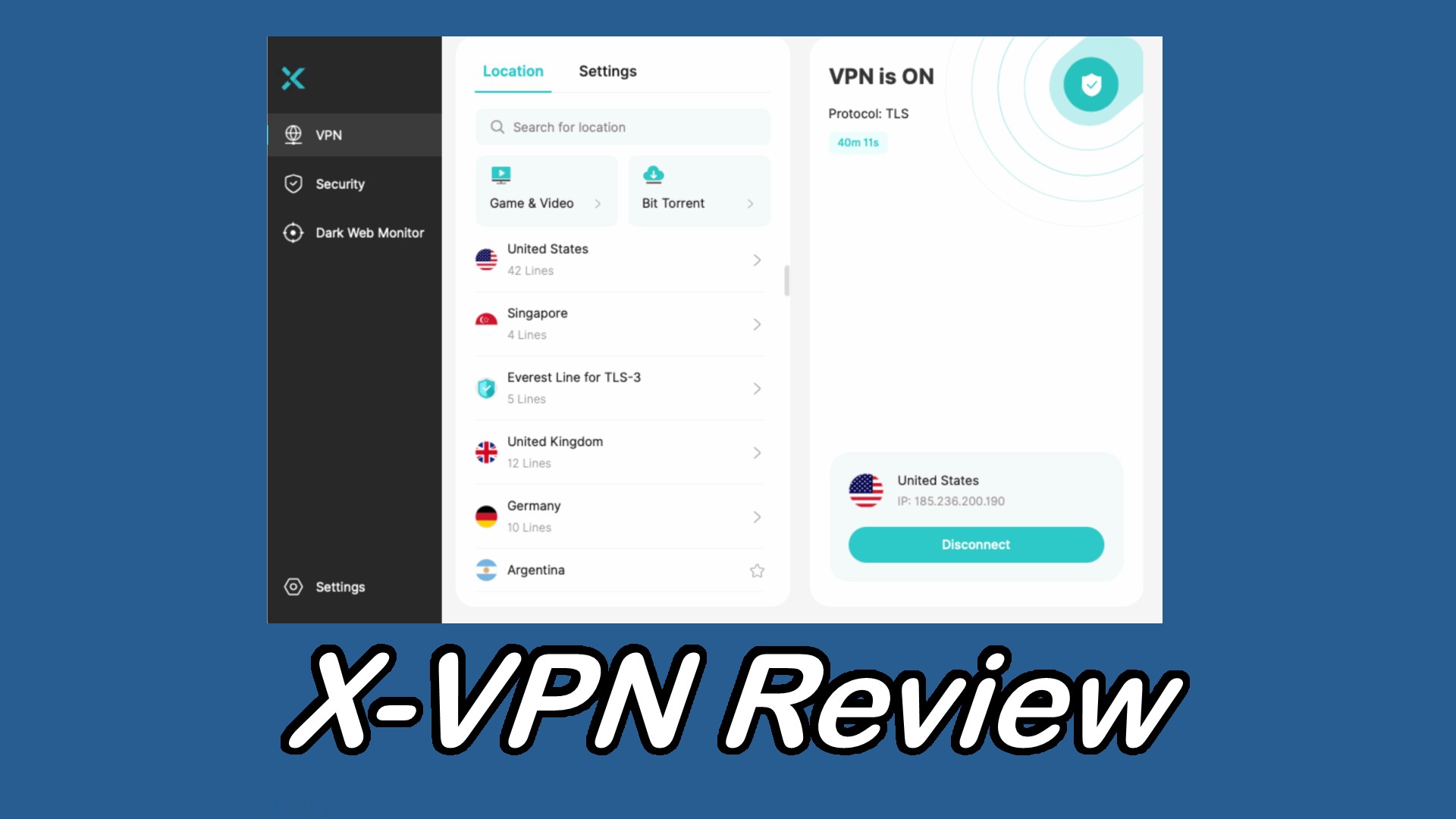How to Use а VPN to Bypass Geo-Blocking Issues [And More]

Geo-blocking is a practice used by websites and platforms when they don’t have licensing agreements to distribute services or products outside certain territories.
That can be quite frustrating, but don’t give up just yet.
Fortunately, a VPN can help you circumvent those blocks and access anything you like.
Keep reading to find out how!
How to use a VPN for bypassing geo-blocking?
When it comes to bypassing geo-blocking, you’ll need a VPN with many servers, well-distributed across multiple locations and countries.
As for what servers you should choose, this really depends on what you want to access. It can be websites, apps, gaming platforms, or streaming services. Also, it’s possible to get cheaper prices for services or items.
For circumventing geo-restrictions, you need to change your IP to a specific location. That is to say, if you want to access a website available in the US exclusively, you’ll need to obtain an IP address registered in the US by connecting to a server in this country.

For example, if you want to watch the US History Channel in Australia, you must connect to a VPN server in the US to evade geo-blocking.
Moreover, if you want to watch local content only available in a certain US state, then you must connect to a server in a location (city) that is in that state.
For example, some services only work well when you connect through servers in specific US states. If you want guidance, here’s a detailed look at the best VPNs for Kansas, which highlights providers with reliable local servers and fast streaming performance.
Which are the best VPN servers for evading restrictions and censorship?
While we all wish for a free and open Internet, that’s rarely the case. ISPs and governments regulate what you can access online. Fortunately, a VPN can help you bypass online restrictions and censorship.
For example, your ISP may throttle your bandwidth deliberately when it detects certain types of traffic. Also, some internal networks might block various online activities for different reasons.
Moreover, a few countries enforce heavy restrictions and censorship on digital freedom. Thus, it’s understandable why users need a VPN there.
Nevertheless, there are countries that impose a partial or full ban on VPNs. So, you should always check the local and national laws beforehand to protect yourself.

Fortunately, you can avoid this with a stealth VPN. Namely, one that provides obfuscation – a feature that scrambles your data packets and disguises your VPN traffic as regular traffic.
Thus, your ISP or other entities will only see normal traffic coming into and out of your device. That way, you’ll manage to use a VPN on restrictive networks or in countries with high censorship.
Some VPNs (e.g., ExpressVPN, Surfshark) have automatic obfuscation on some servers. For others, you have to manually enable the feature (e.g., Private Internet Access, VyprVPN) or find the obfuscated servers in the app first (e.g., NordVPN) and then connect to them.
Wrap Up
As you can see, with the right VPN for bypassing geo-blocking, you’ll be able to access content from anywhere in the world.
Furthermore, with the help of obfuscated servers, you can use a VPN in the most restrictive environments to avoid censorship.
And all of that comes as a bonus to the online anonymity and safety these services provide.
Read our disclosure page to find out how can you help VPNCentral sustain the editorial team Read more






User forum
0 messages